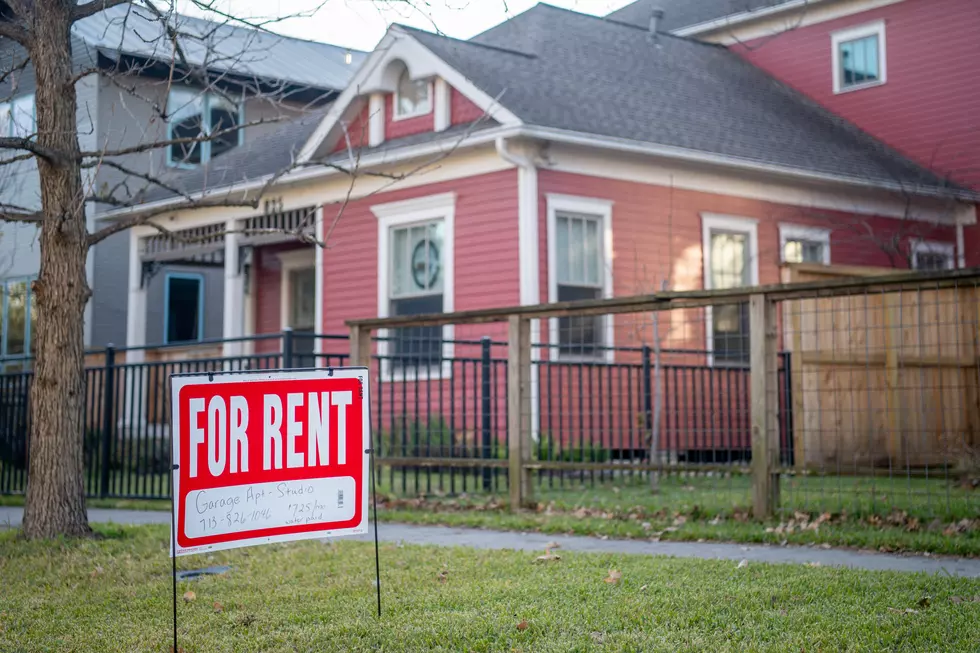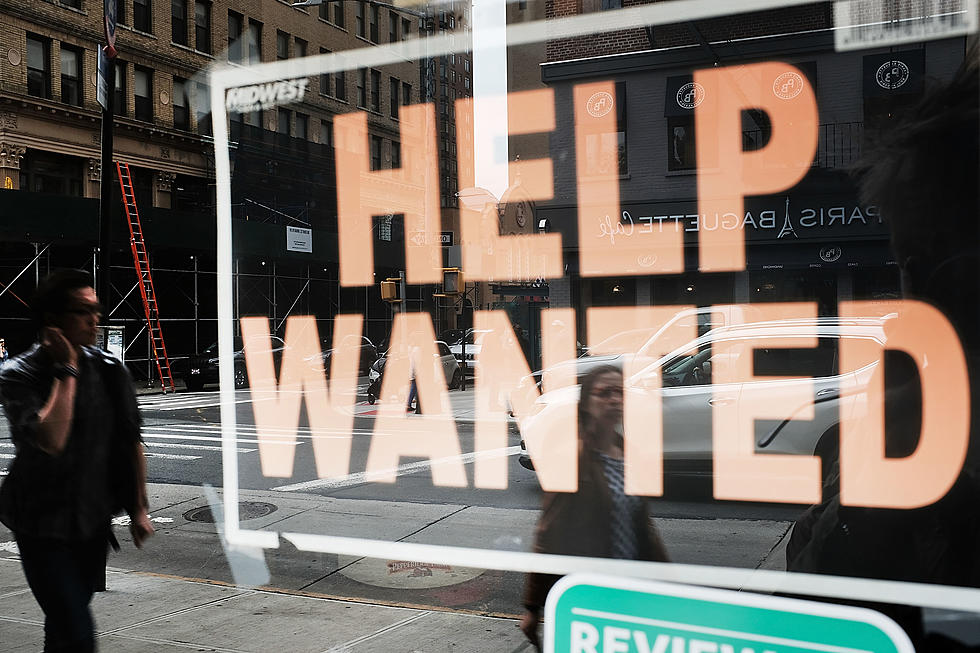![Federal Reserve Uncertain About Ending Stimulus [AUDIO]](http://townsquare.media/site/385/files/2013/05/Bernanke5.jpg?w=980&q=75)
Federal Reserve Uncertain About Ending Stimulus [AUDIO]
The Federal Reserve right now is debating whether its economic stimulus program should continue or be curtailed, and their decision may have a deep impact on growth.
Housing is improving, hiring is improving. The stock market, Wednesday notwithstanding, has enjoyed a protracted upswing.
The Fed has been buying bonds in an extended program known as, "Quantitative Easing" to inject more liquidity into the system. But Rider University finance expert Maury Randall says the scope of this stimulus is unprecedented, so the Federal Reserve is now pondering whether enough is enough.
"It's going to be a very interesting test. So there are doubters in there, and there are also some optimists."
If liquidity's curtailed too quickly, spending, investing and hiring may flop. Too much money in the system, though, may foster another "bubble burst" similar to what happened with housing, which triggered the great recession.
Several Federal Reserve policymakers this month favored slowing the Fed's efforts to maintain record-low long-term interest rates as early as June - if the economy showed strong and sustained growth. But those officials appeared at odds over what evidence would demonstrate such gains.
Minutes of the Fed's April 30-May 1 meeting released Wednesday show "a number" of members expressed a willingness to scale back the $85 billion a month in Treasury and mortgage bonds the Fed has been purchasing, perhaps as soon as next month, if the economy accelerates.
More From New Jersey 101.5 FM









